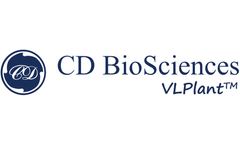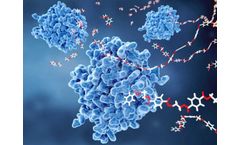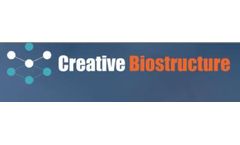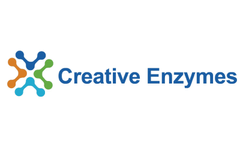Early Disease Detection Articles & Analysis: Older
8 articles found
Applications: Research: Mapping the architecture and alterations in the cytoskeleton in various diseases. Drug Discovery: Observing how pharmaceuticals affect cytoskeletal integrity. ...
Beyond the kitchen, enzymes play a pivotal role in healthcare, enabling early disease detection and personalized treatments. Diagnostic enzymes empower healthcare professionals to pinpoint ailments accurately, while therapeutic enzymes serve as the architects of novel drugs, revolutionizing medical treatments. ...
Nano-flow cytometry is a revolutionary technology that has the potential to transform early disease detection and diagnosis. Nano-flow cytometers are able to detect and analyze individual nanoparticles, including extracellular vesicles and viruses, with high sensitivity and accuracy. ...
Precision-engineered enzymes enable the design of ultra-sensitive diagnostic assays that detect trace amounts of disease markers, revolutionizing early disease detection. ...
In recent years, enzymes have been widely used in disease diagnosis, providing a quick and accurate way to detect and monitor diseases. ...
Recent publications have indicated that distinguishing between different types of lymphocytes is key to aiding in the early detection of various blood cancers. While reactive lymphocytes appear in the viral infection process, malignant lymphocytes can mean the onset of hematological cancer. ...
This is evident in the countless women who are still misdiagnosed – either receiving a false positive or getting diagnosed in the later stages of the disease. Why Early Detection is Important According to the National Breast Cancer Foundation, if breast cancer is still detected in its early stages (when ...
Revolutionizing breast cancer detection Breast cancer is the most diagnosed cancer in women in the United States and the second leading cause of cancer death in American women.1 It is also treatable if detected early enough. ...






